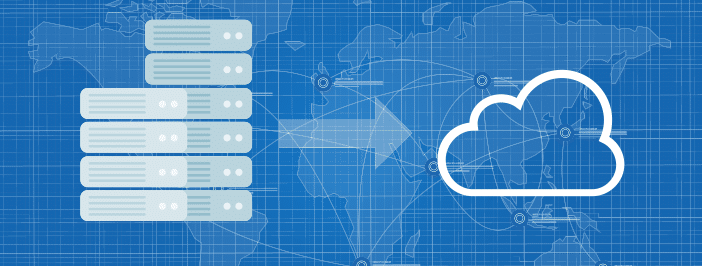Cloud Migration Conundrum: Choosing Between Private, Public, and Hybrid
Are you getting serious about migrating your data to the cloud in your business? It can be a daunting decision for businesses of all shapes and sizes. Knowing which cloud models best suit your business’s needs is essential. This article will discuss the pros and cons of the common cloud models – private, public, and hybrid, so you can decide which path is most suitable for your business.
The benefits of cloud
According to a 2022 report, 69 percent of companies have accelerated their cloud migration over the past year. Gartner predicts end-user spending on public cloud services will reach $591.8 billion in 2023, up 20.7 percent from 2022.
With more companies migrating to the cloud, you may be ready to jump on the bandwagon. But first, it’s crucial to understand the benefits of transitioning. Cloud offers the following competitive advantages for most businesses:
- Cost savings
- Flexibility
- Increased accessibility
- Increased security
- Scalability
Now, let’s dive into the different cloud models: private, public, and hybrid.
Private vs. public vs. hybrid cloud: What’s the difference?
`Private cloud
A private cloud is an environment where services are delivered over a private network. The data hardware is owned and operated by the business, providing increased information security and privacy. Private clouds are highly customizable, making them an excellent option for companies with specific requirements. However, the cloud migration process requires a higher initial cost and the ability to maintain hardware, which, most of the time, means hiring an IT professional.
Public cloud
With the public cloud, your data is stored on shared hardware that other organizations have access to and is accessed over the public internet – an example of this would be Microsoft Azure. They are easy to set up, reliable, and cost-effective. Public clouds are also highly scalable, making them ideal for businesses with variable workloads. However, they are less secure than a private cloud, and performance can vary depending on traffic.
Hybrid cloud
A hybrid cloud is a combination of private and public clouds, providing superior flexibility and scalability. It is also more secure than a public cloud and provides increased privacy. However, the hybrid cloud’s complexity requires increased management and potentially more complicated maintenance due to having some onsite hardware.
Which is best?
Choosing the right model for your cloud migration depends on your business needs. For example, a private cloud is the way to go if you require increased security and privacy. If you’re looking for an easy-to-use, scalable option, a public cloud might be right for you. A hybrid cloud is an excellent option if you need a combination of both worlds. It’s essential to review the information above and do your research to make an informed decision that aligns with your long-term objectives.
Remember, technology is a powerful tool that can support your aspirations and empower your team to focus on what matters most – delighting your customers and clients.
Migrating to the cloud can seem overwhelming, but it’s an essential step for businesses looking to future-proof their operations. Choosing the best-fit cloud model is vital to your business’s success – a task easier said than done. If you need help with your data migration, GB Tech is an IT service and security provider that can make the process as painless as possible. We are dedicated to transforming businesses with solutions that give them a competitive edge. Contact us today to learn more on what’s best for your business.


















